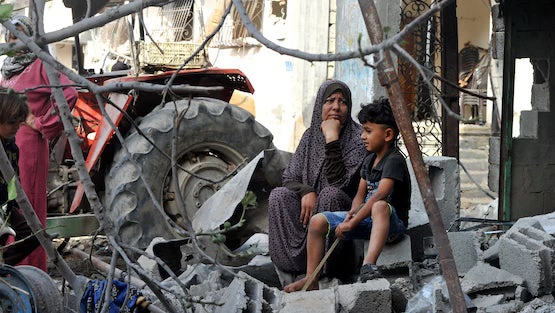 (Photo credit: Shareef Sarhan)
(Photo credit: Shareef Sarhan)
Years of ongoing exposure to conflict have exacted a toll on the mental health of Palestinians. This includes decades of exposure to conflict, restrictions on movements and poor living conditions, particularly for the inhabitants of Gaza who are subject to a partial air and land blockade. In this context we resolved to investigate the mental health impacts of overlapping vulnerabilities and cumulative traumas on the Palestinian population.
Understanding the prevalence of these overlapping indicators on a national level is a big challenge. In 2022, the World Bank, in collaboration with the Palestinian Central Bureau of Statistics (PCBS), International Security and Development Center (ISDC), and Zentrum Überleben, successfully managed to collect the first national representative survey on this topic, The Palestinian Psychological Conditions Survey (PPCS) : a rigorous effort that is expected to serve as a baseline not only for the World Bank but – importantly – for the decision-makers, the entire development community, and all relevant stakeholders.
The results of this survey were presented in Ramallah, in March 2023, and are sobering. 58 percent of the adult population exhibit symptoms consistent with depression according to the WHO-5 wellbeing index, and this is 71 percent in Gaza and 50 percent in the West Bank. In addition, about 7 percent of adults in West Bank & Gaza screen positive for post-traumatic stress disorder (PTSD) based on their symptom score.
The Gazan population is more likely to be exposed to a traumatic event than Palestinians in the West Bank (according to the survey, 65% of Gazans compared to 35% of West Bank residents have been exposed to a traumatic event in the previous 12 months). But Gazans are less likely to exhibit symptoms that are consistent with post-traumatic stress disorder, than West Bankers. This implies that instead of experiencing PTSD symptoms, the trauma of Palestinians, and particularly Gazans, could manifest in widespread depression and anxiety.1
The exposure of trauma is reinforced by the economic disempowerment and loss of sense of agency in a context of high unemployment with a lack of economic prospects. At the end of 2022, unemployment stood at 24 percent nationally, but this masks a stark disparity, with unemployment at 45 percent in Gaza compared to 13 percent in the West Bank. Young people in Gaza face extremely high levels of economic exclusion, with a youth unemployment rate in the strip of nearly 70 percent. The PPCS results show a clear relationship between labor force status and risk of depression (Figure 1, panel A) – having a job and working full-time is correlated with a significantly lower depression symptom score.2 Panel B of Figure 1 demonstrates the strong correlation between food consumption scores and psychological distress – lower food security is strongly correlated to higher psychological distress.
| Figure 1: Depression symptom scores are positively correlated with being unemployed or under-employed, while food insecurity is associated with higher levels of psychological distress |
|
| Panel A: Depression symptom score and labor force status |
Panel B: Psychological distress and food consumption score |
|
|
|
| Source: Own calculations based on PPCS. |
|
The survey also indicates the presence of comorbidity of mental health indicators with chronic diseases and having a disability. Around 19 percent of respondents self-report a chronic illness, while 2 percent report difficulties with seeing, hearing, walking, remembering, self-care or communicating. These two subgroups have significantly higher levels of depression symptom scores and PTSD symptom scores, a likely indication of how interconnected these conditions can be.
| Figure 2: Depression symptom scores and PTSD symptom scores are significantly higher amongst those who have chronic illnesses or a form of disability |
|
| Panel A: Depression symptom score |
Panel B: PTSD symptom score |
|
|
|
| Source: Own calculations based on PPCS. |
|
The PPCS report highlights the extent of overlapping vulnerabilities in the West Bank & Gaza, indicating a need for a holistic approach in improving the welfare of Palestinians. Interventions such as combined cash transfer and psychosocial services, as well as youth employment and cognitive behavioral therapy could go beyond the immediate health impacts and can support and reinforce human capital and – ultimately – economic outcomes. The same World Bank team is currently continuing to deepen our understanding of how these findings impact productivity, potential growth and the overall economy of West Bank and Gaza, with a view of providing policy guidance and recommendations for reforms, in a new report that will be produced in early 2024.
The dataset underlying the 2023 report is freely downloadable for any interested researchers and parties.

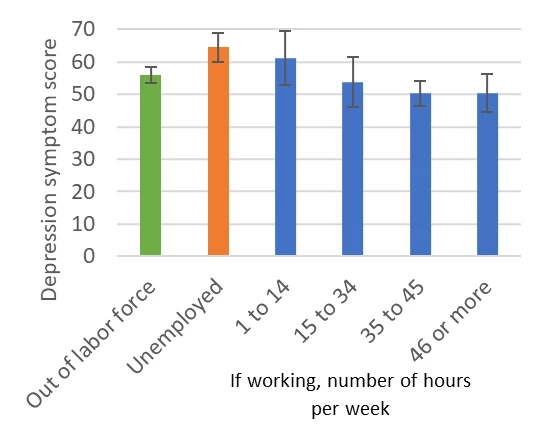
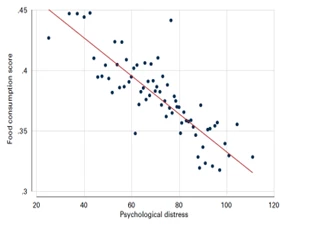
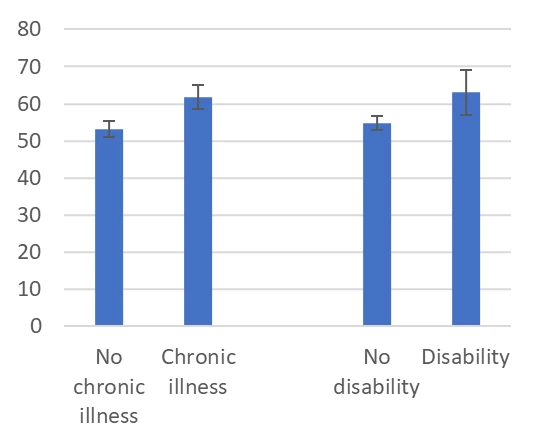
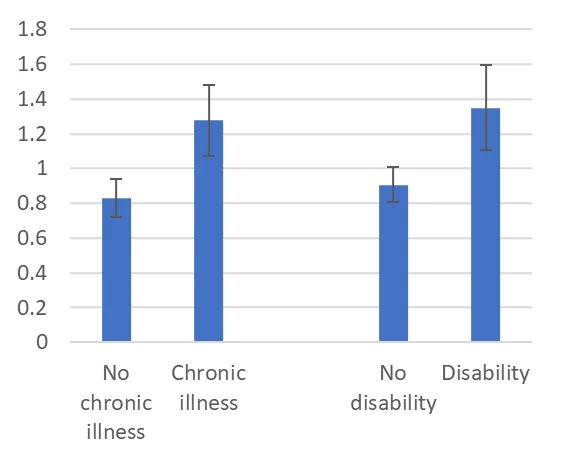


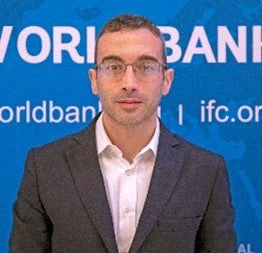

Join the Conversation